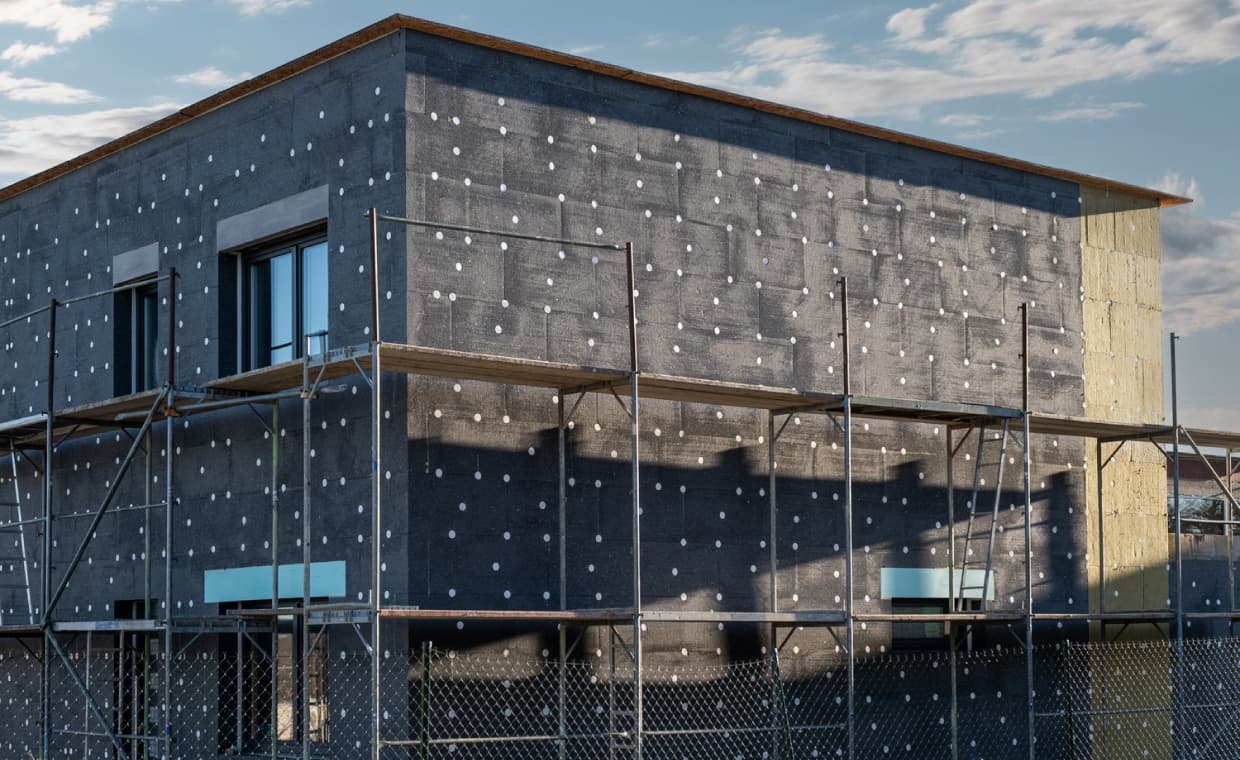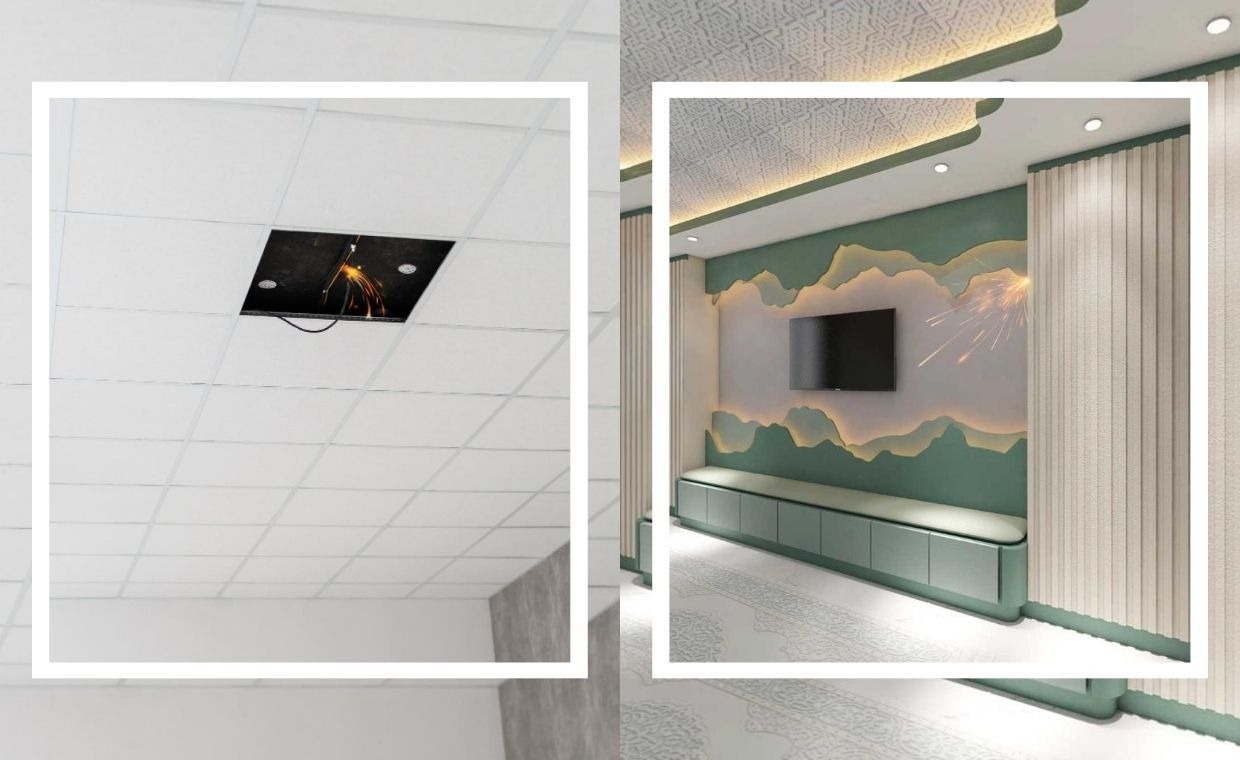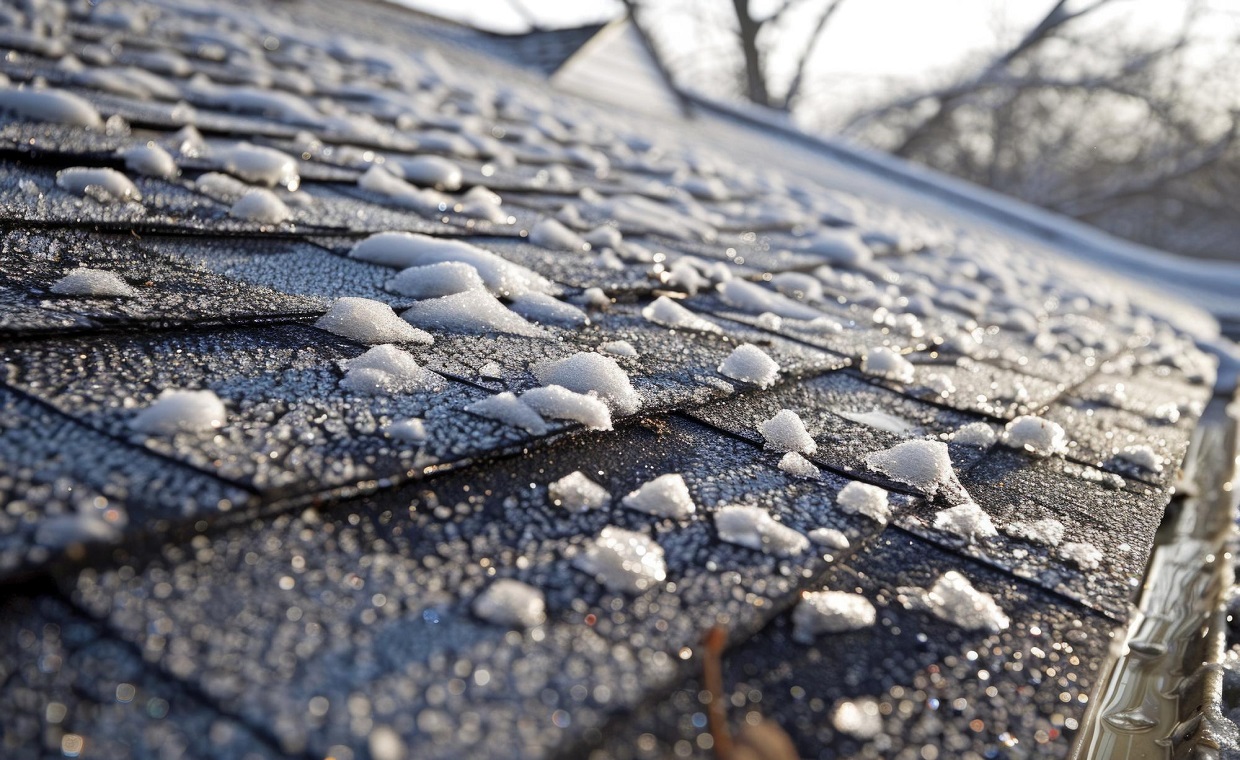
Table of Contents
Quick Summary
- Rental property decisions affect both short-term income and long-term value.
- Commercial Insulation for Rental Property is less visible but improves building comfort and efficiency.
- Cosmetic updates are made to please tenants quickly, but they have a limited lifespan.
- Proper insulation lowers energy use and reduces heating costs.
- Material choices depend on property condition and needs.
- Proper installation is vital for insulation performance and durability.
- Insulation can reduce noise transmission between units and in ventilation systems.
- HVAC and water systems function more efficiently with proper insulation.
- Eco-friendly insulation promotes sustainability and may be eligible for incentives.
- Insulation lasts decades, offering long-term value over cosmetic upgrades.
- Well-insulated buildings attract tenants and increase resale appeal.
Commercial insulation for rental property is a smart investment although it is an invisible privilege at first instance. Rental property ownership comes with constant choices that influence both short-term cash flow and long-term value. Every decision carry weight, from routine maintenance to structural improvements, and the challenge is to pick changes that keep the property strong over time.
Energy-efficient insulation for rental buildings tends to slip down the list because it is less visible than flooring or fixtures, but its effect reaches deeper into the performance of the building. Good insulation shows its value through reduced energy use and a more reliable indoor environment. For landlords, seeing insulation as part of the property’s core structure makes it easier to measure its long-term worth.
Thinking Beyond the Basics
Many landlords focus first on cosmetic updates. Tenants often notice cosmetic touches such as a new coat of paint or updated appliances, and these tend to create quick satisfaction. Yet these fixes usually come with a shelf life.
Commercial Insulation for Rental Property works differently. It operates quietly in the background, cutting heat loss and keeping spaces more comfortable. Most owners rely on a thermal insulation contractor to carry out the work, as the process requires technical knowledge and specialist materials. Hiring one also reduces the likelihood of mistakes that might lead to condensation issues or wasted money.
How Insulation Affects Expenses
Energy costs weigh on both tenants and landlords. Older properties often have insulation that is thin, damaged, or poorly fitted, and that allows heat to escape through walls or roofs. The result is higher bills and rooms that never feel stable in temperature. Better materials in insulation upgrades help a property use less energy and maintain stronger thermal performance. This is how insulation reduces rental property expenses for tenants and the landlords, both.
Consider a mid-sized block of flats in a cold region where the insulation is thin or ageing. Tenants often turn up the thermostat to stay warm and force boilers to work harder. Once proper insulation is added, the same building holds heat more effectively, and the equipment runs with less strain. Cost benefits of commercial insulation for landlords are multiple. This improvement translates into lower service calls and secondly, a property that attracts longer-term tenants is an obvious benefit for the landlords. Therefore, commercial insulation for rental property is a smart investment.
Options for Materials
The best insulation materials for rental properties vary widely, and landlords face different choices depending on the building’s age, condition, and intended use. Each option has strengths and trade-offs.
- Closed-Cell Products are dense and resist water. They’re often used where damp is a concern, such as basements or ground floors, and they add strength to the structure.
- Extruded Polystyrene has a rigid form that holds up well against moisture. It’s common below floors or against outside walls that face the soil, because it prevents water from breaking down the insulation.
- Cellular Glass is made from recycled glass and has strong fire resistance. It’s chosen in places that need extra safety or durability, though it can be heavier and more expensive.
- Flexible Blanket Insulation and light-density fibrous batts come in rolls or panels that are easy to fit into walls or ceilings. They’re popular for quick upgrades but can sag or compress over time.
- Heavy Density Resin panels are solid and long-lasting. They carry higher costs upfront, yet they often last for decades with little change in performance.
The best insulation materials for rental properties depend on the setting of the property. A damp basement may call for water-resistant boards, while an older block might need a product with stronger fire safety. Commercial insulation for rental property costs and ease of fitting matter too, and landlords who match the material to the conditions usually see the best results over time.
Installation and Workmanship
Even the best material fails without proper application, so is the factor of commercial insulation for rental property work. In practice, some techniques require high-pressure installation, as is the case with certain types of spray foam insulation. Getting the density and coverage right matters, and this is another reason landlords tend to call in specialists. Proper fitting reduces gaps, which in turn increases thermal efficiency and lowers the chance of moisture problems later. Mistakes here can be costly, so workmanship should be treated as seriously as material choice.
Acoustic Value in Rental Buildings
Noise complaints often strain the landlord-tenant relationship. Commercial insulation for rental property can help reduce this tension by limiting how sound travels through a building. Products designed with acoustical performance in mind cut the movement of noise between walls and ceilings. Duct liner boards placed inside ventilation systems reduce the noise of fans and air circulation. Cellulose insulation used in partitions helps soften everyday sounds like voices or footsteps between units.
HVAC and Related Systems
Insulation also matters in the hidden parts of a property. Hot-water lines benefit from pipe insulation, which helps keep water hot and prevents condensation along the surface. HVAC equipment lasts longer and runs with less energy when its housings are insulated. Air ducts fitted with duct wrap hold more heat and reduce the sound of airflow through vents. These measures usually go unnoticed by tenants, but they reduce strain on building systems and keep running costs lower.
Thinking About Sustainability

Markets are shifting, and tenants increasingly value eco-responsible housing. Materials made from recycled wood fibre or other renewable content add an environmentally conscious edge. If a home oner invests in the commercial Insulation for rental property, and when the insulation lowers fuel use, the property can be considered part of the move toward sustainable structures. In some regions, the feature of commercial insulation for Rental Property may also improve eligibility for green financing or tax incentives.
Long-Term View
Costs and upgrades often get measured against immediate returns. Insulation, on the other hand, continues to deliver benefits long after the initial spend. Once installed properly, it keeps performing for decades with little need for replacement. That long-term value of insulating rental units’ durability sets it apart from cosmetic upgrades. Looking at insulation as a one-time improvement that continues to deliver over the life of the property helps put the upfront cost in perspective.
When the time comes to sell, a building that demonstrates consistent energy savings and occupant comfort often holds stronger appeal in the resale market. In competitive rental sectors, tenants compare bills as much as interiors, and a flat that stays warm and quiet maintains steady interest even when alternatives exist.
Final Thought
Commercial Insulation for Rental Property rarely draws attention during a viewing, yet it shapes comfort and efficiency long after tenants move in. For landlords who plan for the long term, it remains a reliable way to keep income steady and protect the property.
Also Read: Home Insulation: A Comprehensive Guide to Climate Controlled Comfort
FAQs on Commercial Insulation for Rental Property
1. Why Is Insulation a Smart Investment for Rental Property Owners?
Insulation reduces energy use, lowers maintenance costs, and improves tenant comfort. It makes properties more attractive while delivering long-term savings and consistent performance.
2. How Does Insulation Affect Tenant Satisfaction in Rental Buildings?
Proper insulation ensures stable indoor temperatures, reduces noise between units, and keeps energy bills lower, leading to better tenant experiences and longer lease agreements.
3. What Types of Insulation Materials Work Best for Rental Properties?
The best choice depends on property needs. It includes closed-cell foam for damp areas, cellular glass for fire safety, fibrous batts for quick upgrades, or resin panels for long-term durability.
4. Can Insulation Upgrades Increase the Resale Value of Rental Properties?
Yes, well-insulated properties attract more buyers with proven energy efficiency and tenant comfort. Also, it offers stronger resale appeal compared to similar properties with higher running costs.






























